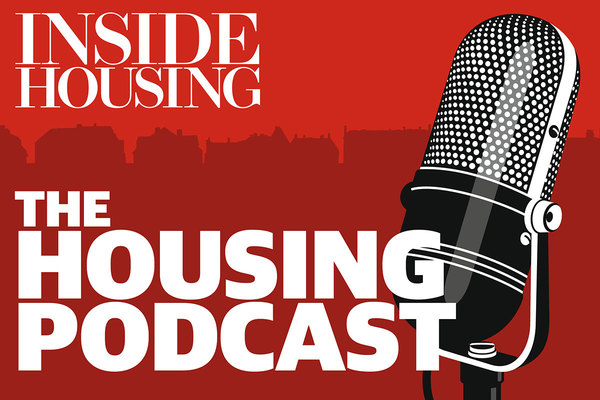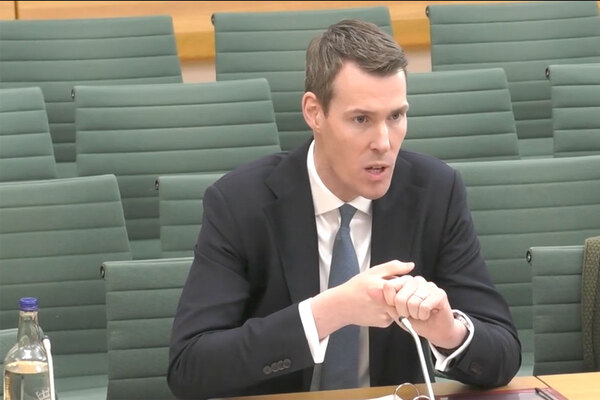Non-compliant exempt accommodation provider gets downgraded to lowest governance grading
An exempt accommodation housing provider in the West Midlands that was graded non-compliant in May has received an additional downgrade from the Regulator of Social Housing (RSH), taking it to the lowest possible grading for governance.
Prospect Housing, which has 1,860 supported housing units across the West Midlands, was handed a G3/V3 rating in May, which indicates “issues of serious regulatory concern” on both governance and financial viability grounds.
However, an updated regulatory judgement published today has given Prospect a G4 grading, the lowest possible grading for governance a provider can be given by the RSH.
According to the judgement, following the non-compliant grading in May Prospect appointed a new chair, an interim chief executive and a number of other senior managers. However, as a result of the work undertaken by the new board and the leadership team, further serious issues were uncovered.
This included reviews into two serious safeguarding incidents, which identified weaknesses in procedures and controls of the landlord over services provided by third-party managing agents.
It also found that contractual arrangements with third parties had fettered Prospect’s ability to undertake appropriate consultation with tenants.
Failure to understand assets, contractual arrangements and the needs of tenants in their homes were also identified as issues, while the RSH also reported significant weaknesses in its control framework in respect of collecting and setting rents.
Prospect was identified by Birmingham City Council as one of the city’s exempt accommodation providers.
Exempt accommodation refers to a category of supported housing that is not commissioned under local authorities’ homelessness services or social care funding, but instead is funded directly by the Department for Work and Pensions.
Due to landlords providing loosely defined ‘care and support’ services, they are exempt from housing benefit restrictions and as a result can charge much higher rents than normal social landlords.
It is often used as a means of housing those with no other housing options such as prison leavers, rough sleepers, refugee and migrant groups, and those experiencing substance abuse issues. In many cases, exempt accommodation providers sign deals with third-party managing agents to carry out support and management services.
In May’s judgement the regulator said that Prospect had expanded rapidly in recent years with a number of third parties for properties, where in many cases the third parties would deliver management and landlord services on Prospect’s behalf.
The additional downgrade comes just weeks after the regulator used its statutory powers to appoint three housing association chief executives to the Prospect board.
Chan Kataria, chief executive of EMH Group; John Ghader, chief executive of Prima Group; and Paul Dolan, chief executive of Accent, were all brought onto Prospect’s board.
Commenting on the judgement today, the RSH said that it took the step to increase capacity through the appointments because the breadth and depth of the issues are a challenge for the current governing body to manage effectively.
The judgement said the regulator is taking appropriate action to address the concerns around the financial viability of the association and that is why it is remaining on a V3 rating.
Prospect was first placed under review by the regulator in November 2019.
Owen Ingram, board chair of Prospect Housing, said: “Following our appointment earlier this year, and the recent appointment of other key staff, Prospect’s interim chief executive and I have set about ensuring no stone has remained unturned in our ambition to ensure the best future for residents and the organisation.
“We have shared closely those findings with the regulator, and completely understand their recent regulatory judgement. The issues raised are in many cases a direct result of our own investigations and by being open about those challenges, we welcome the support the regulator is offering in response.
“As the judgement clearly states, the board and executive have already made positive progress to address the challenges we face.
"We look forward to working with the regulator and our new board members to build on this. Good governance is about being transparent, recognising when external help is needed and asking the difficult questions. As a board and executive, we will together do just that.”
Sign up for our regulation and legal newsletter
Already have an account? Click here to manage your newsletters












